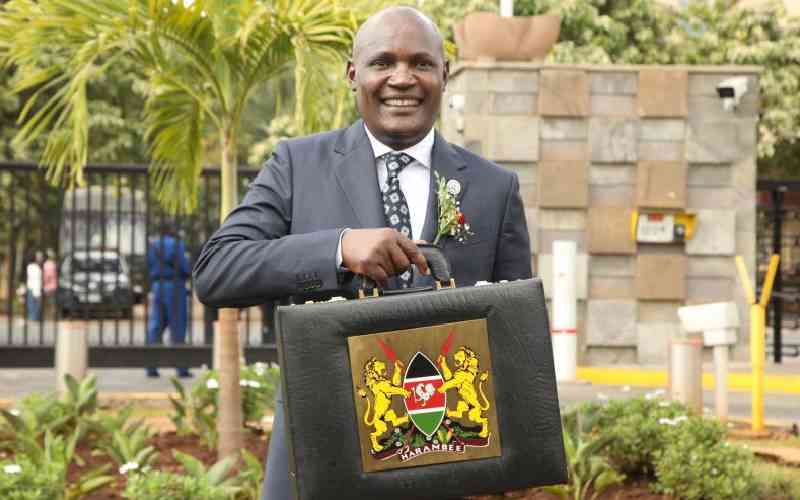Slum upgrading remains a challenge close to a decade since the launch of a UN Habitat-led programme for Kenya’s largest slum, Kibera. The problem is not just about housing: If it were, residents of insecure, unsanitary or sub-standard housing would jump at the opportunity to purchase more permanent houses. But as Housing Minister Soita Shitanda was reminded yesterday, the issues are a little more complex.
Residents of Soweto East, one of Kibera’s many sections, have a once-in-a-lifetime opportunity to trade makeshift structures for affordable permanent housing. But a raft of other issues has arisen to put a spanner in the works. Many people are concerned about economic activities: Used to trading from their shanties, they do not want to move into flats where no customers walk past upper floors. Others are worried that the Government’s rent-to-own plan, beginning at Sh1,000 a month, may be changed or scrapped.







